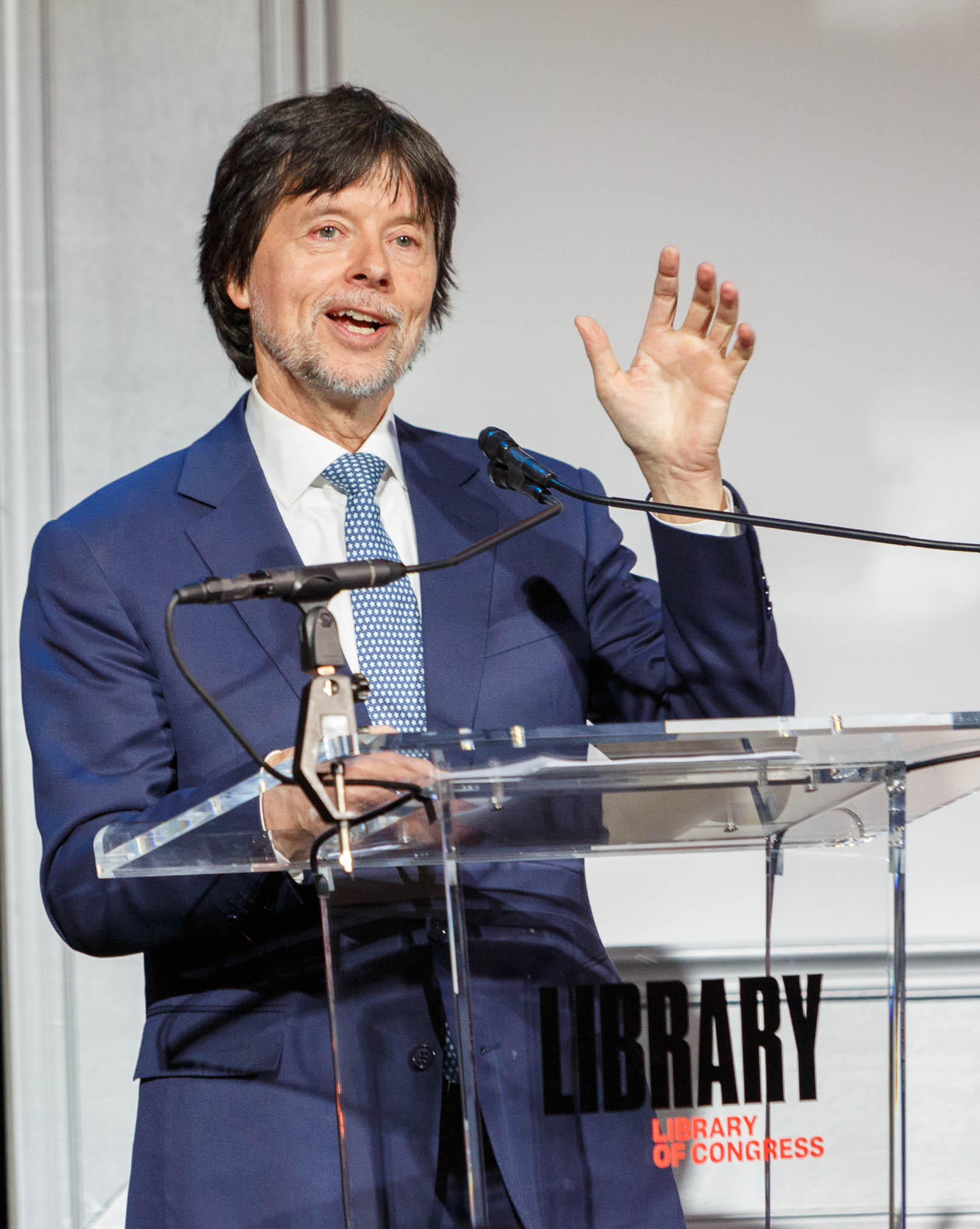
On Monday, Feb. 8, Thomas Allen Harris, senior lecturer in African American Studies and Film & Media Studies, led a conversation with Ken Burns, his daughter Sarah Burns ’04 and Clark Burnett ’19 in an event titled “The Art of Storytelling in a Time of Disinformation.”
The event, hosted by the Schwarzman Center, featured documentaries made by the four panelists using archival footage. The panelists presented two clips to the audience: a portion of Sarah’s documentary called “Central Park Five” and a recent interview with the five men — Antron McCray, Kevin Richardson, Raymond Santana, Korey Wise and Yusef Salaam — in the film.
“We can’t understand where we truly are or where we’re going if we don’t understand where we’ve been,” Burnett said.
Hosted on UNUM — a digital platform that features the Burns’ films — “Central Park Five” is centered around a group of five young, Black men who confessed to a false rape accusation in 1989.
Ken Burns noted that the problem of storytelling amidst disinformation is deeply linked with this film. In the documentary, Richardson is shown to be torn between the truth and his false confession years ago. He added that this system of misinformation is not particular to the Central Park Five, but pervasive in the American narrative of his previous work.
“There’s a hopelessness to it and an incredible sense of empowerment,” he said.
Sarah Burns began working on the project — originally as a novel — during her time as an undergraduate student at Yale.
“It was exactly the kind of story that I was interested in,” she said. But later she and her father realized the story’s scope in a documentary format.
Central to the documentary’s style is the lack of a narrator.
“We had our main characters to speak for themselves,” Sarah Burns said. “It felt really critically important to give them this opportunity to tell their own story.”
Besides the documentary, the four filmmakers discussed the significance of the past year’s events. Ken Burns noted that American society is afflicted by three viruses: year-old COVID-19, 402-year-old white supremacy and the age-old human virus of disinformation.
“Everything happening today, although unprecedented, is connected to one of these three viruses,” Ken Burns said.
The filmmakers attempt to contextualize these various phenomena through film. For instance, Burnett used footage from one of Sarah Burns’ films called “East Lake Meadows” to depict the systemic issues that led to the killing of George Floyd last summer.
“East Lake Meadows” focuses on a public housing district in Georgia. A portion of the documentary illuminates the history of redlining and the discriminatory policies that excluded Black Americans from living in white suburban communities.
“You take what you’ve learned from ‘East Lake Meadows’ of how these communities got there in the first place due to racist policies,” Burnett said. “I think that exemplifies what we’re trying to do with UNUM in a nutshell.”
UNUM is available through PBS.
Maia Decker | maia.decker@yale.edu







